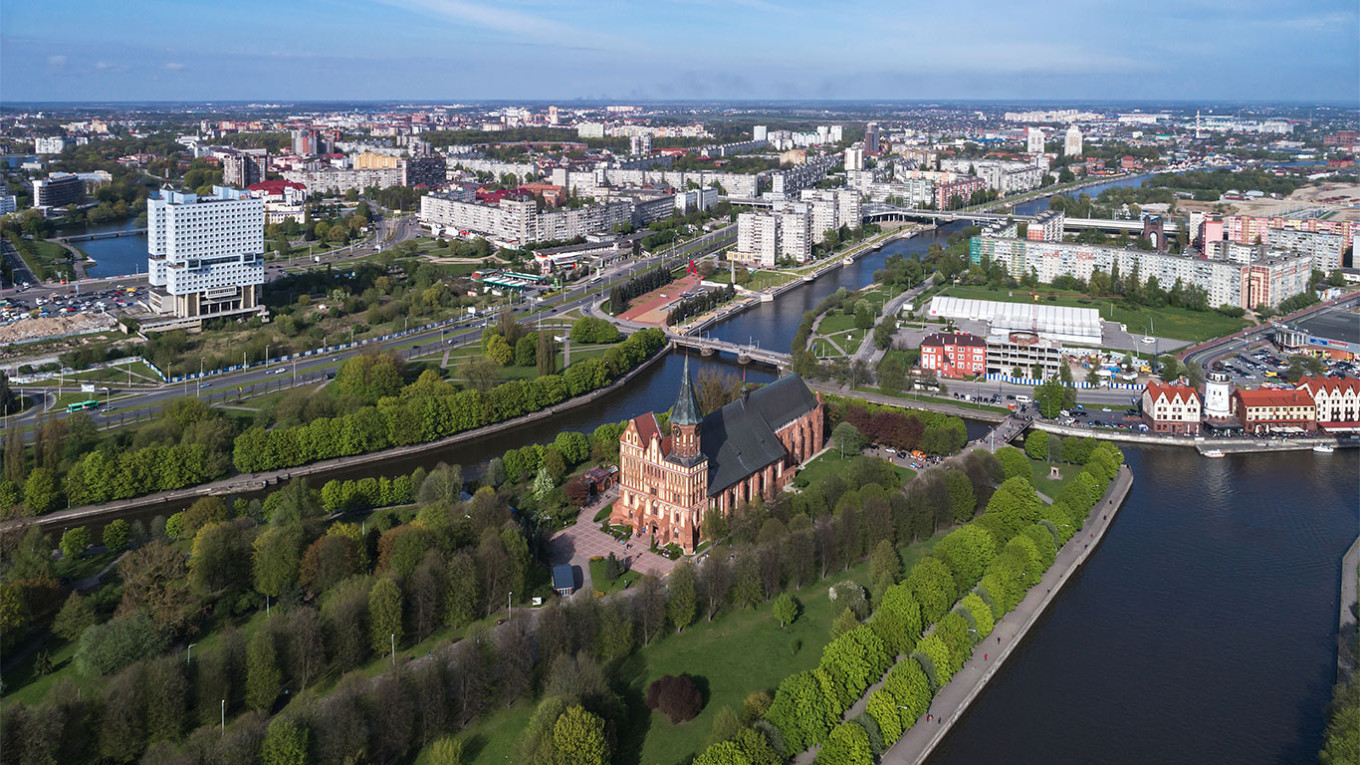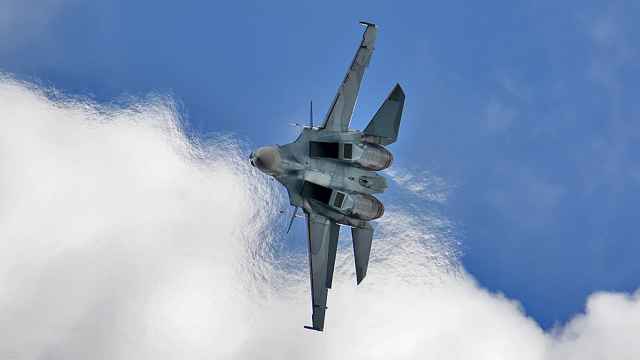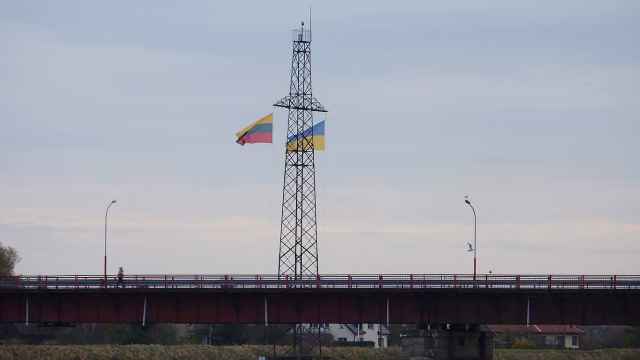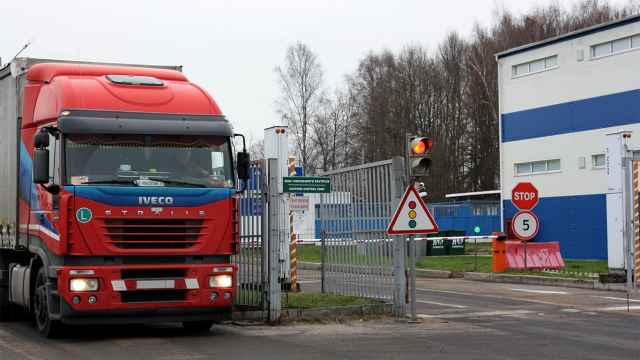The European Union on Wednesday said Lithuania had an obligation to allow the passage of sanctioned goods, with the exception of weapons, between Russia and its exclave of Kaliningrad.
While transit by road was not allowed, legal guidance released by the EU executive said that "no such prohibition exists for rail transport" from Russia to its outpost of Kaliningrad and that it could not be subject to an outright ban.
Russia threatened reprisals against the Baltic nation after Vilnius imposed strict restrictions on goods traveling across its territory, mainly by rail, arguing it was simply applying EU sanctions.
Moscow demanded that Lithuania immediately lift the restrictions, and said it had brought its grievances to European authorities.
"We did not negotiate anything with Russia," said EU spokesman Eric Mamer after the guidance was released.
The commission said Lithuania, like all EU countries, had an obligation "to prevent all possible forms of circumvention of EU restrictive measures."
This should be done through "targeted, proportionate and effective controls and other appropriate measures," said the commission, which controls the execution of EU sanctions.
Checks would survey any "unusual flows or trade patterns" that would indicate sanctions busting, it said.
Kaliningrad covers an area roughly half the size of Switzerland and is home to a little over one million people.
Seized by the Red Army from Germany in the closing stages of World War II, it became separated from the Russian mainland following the break-up of the Soviet Union when Lithuania became an independent state.
A Message from The Moscow Times:
Dear readers,
We are facing unprecedented challenges. Russia's Prosecutor General's Office has designated The Moscow Times as an "undesirable" organization, criminalizing our work and putting our staff at risk of prosecution. This follows our earlier unjust labeling as a "foreign agent."
These actions are direct attempts to silence independent journalism in Russia. The authorities claim our work "discredits the decisions of the Russian leadership." We see things differently: we strive to provide accurate, unbiased reporting on Russia.
We, the journalists of The Moscow Times, refuse to be silenced. But to continue our work, we need your help.
Your support, no matter how small, makes a world of difference. If you can, please support us monthly starting from just $2. It's quick to set up, and every contribution makes a significant impact.
By supporting The Moscow Times, you're defending open, independent journalism in the face of repression. Thank you for standing with us.
Remind me later.






